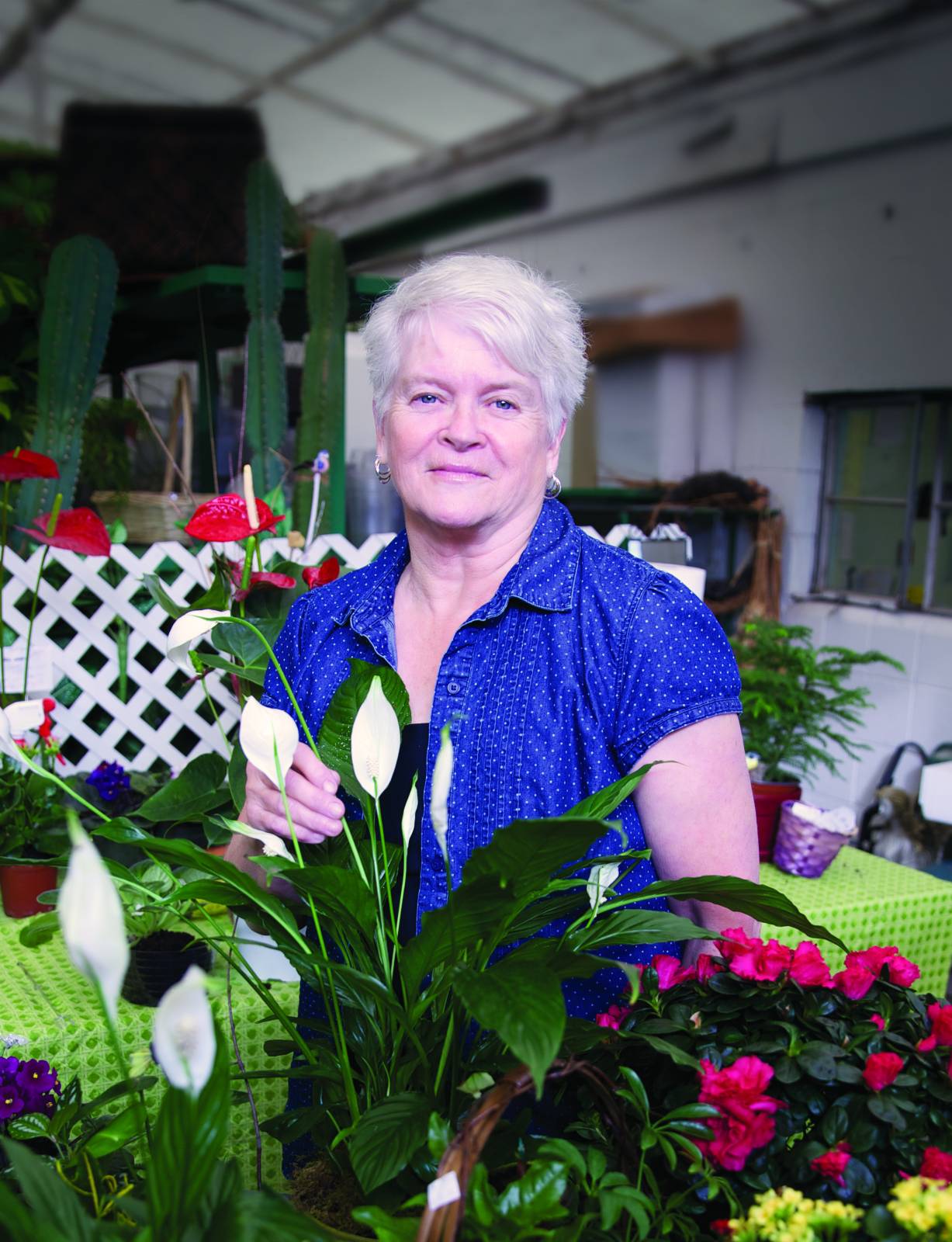By Alliance Defending Freedom staff
OLYMPIA, Wash. – The Washington Supreme Court agreed Wednesday to hear the case of floral artist Barronelle Stutzman, whom the state attorney general and the American Civil Liberties Union sued for acting consistently with her faith. Alliance Defending Freedom attorneys representing Stutzman filed a brief with the high court last month to challenge the state’s and the ACLU’s arguments in favor of government discrimination against her.
A lower court ruled that Stutzman, owner of Arlene’s Flowers in Richland, must pay penalties and attorneys’ fees for declining to use her artistic abilities to design custom floral arrangements for a long-time customer’s same-sex ceremony. Rather than participate in the ceremony, Stutzman referred Rob Ingersoll, whom she considers a friend and had served for nearly 10 years, to several other florists in the area who would provide high-quality arrangements and wedding support.
“Barronelle and many others like her around the country have been willing to serve any and all customers, but they are understandably not willing to promote any and all messages,” said ADF Senior Counsel Kristen Waggoner. “We hope the Washington Supreme Court will affirm the broad protections that both the U.S. Constitution and the Washington Constitution afford to freedom of speech and conscience.”
“No one should face personal and professional ruin simply for exercising these foundational freedoms,” added ADF Senior Counsel Jeremy Tedesco. “Americans clearly oppose unjust government actions that force people to create expression against their will.”
As the ADF reply brief filed last month explained, “The case boils down to this question: is there room in our tolerant, diverse, and freedom-loving society for people with different views about the nature of marriage to establish their ‘religious (or nonreligious) self-definition in the political, civic, and economic life of our larger community…?’ The trial court’s and [the state’s and the ACLU’s] answer is ‘no….’ This is contrary to the best of our historical and constitutional traditions, which mandate that citizens who hold non-majoritarian views be given room to express them and not be coerced, punished, and marginalized through force of law.”
“The trial court’s and [the state’s and the ACLU’s] view—that there can never be a free speech exception to public accommodation laws—endangers everyone,” the brief continued. “If correct, then the consciences of all citizens are fair game for the government. No longer could a gay print shop owner decline to print shirts adorned with messages promoting marriage between one man and one woman for a religious rally. Nor could an atheist painter decline to paint a mural celebrating the resurrection of Christ for a church. Indeed, no speaker could exercise esthetic or moral judgments about what projects to take on where a customer claims the decision infringes on his or her rights under the WLAD [Washington Law Against Discrimination].”
“This case is not about refusing service on the basis of sexual orientation or dislike for another person who is preciously created in God’s image. I sold flowers to Rob for years. I helped him find someone else to design his wedding arrangements. I count him as a friend,” Stutzman wrote in a recent op-ed for The Seattle Times in response to an op-ed that Ingersoll wrote with Curt Freed. “I want to believe that a state as diverse as Washington, with our long commitment to personal and religious freedoms, would be as willing to honor my right to make those kinds of choices as it is to honor Rob’s right to make his.”
Washington attorneys George Ahrend, John Connelly, and Alicia M. Berry are also counsel of record in the lawsuits, State of Washington v. Arlene’s Flowers and Ingersoll v. Arlene’s Flowers.




